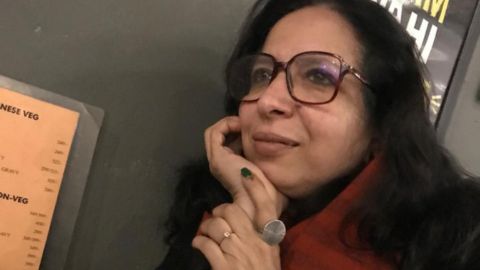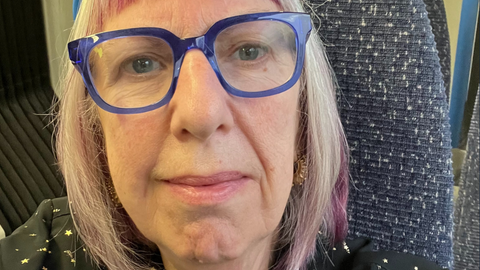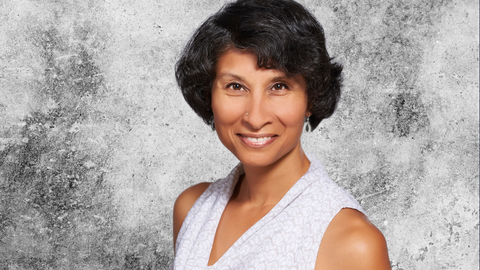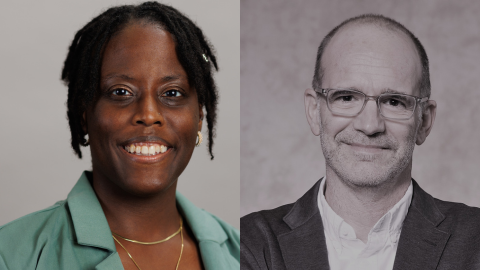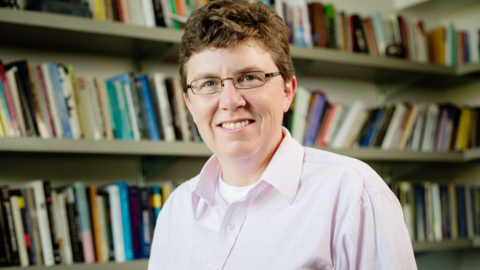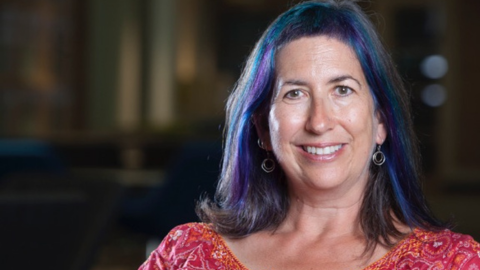It is no secret that the last 40 years have witnessed monumental changes in the way we, as a society, have and raise our children. The birth of Louise Brown, the world’s first IVF baby in 1978 is often cited as the advent of a “brave new” era of assisted reproductive technologies (ARTs), enabling the creation of families that could not have existed in earlier times. Indeed, over 5 million “miracle babies” later, we now know that the global spread of ARTs has not only revolutionised the treatment of infertility, but has altered the landscape of reproduction. These shifts have enabled myriad “choreographies” – including the use of donor eggs, donor sperm and surrogates – by which not only heterosexual couples but also same-sex couples, and single women and men, can make babies and become parents. Charlotte Faircloth and Zeynep B Gurtin discuss Making Parents: Reproductive Technologies and Parenting Culture Across Borders.
Charlotte Faircloth, University College London and Zeynep Gurtin, University of Cambridge
Image courtesy of interviewee. February 15, 2018

